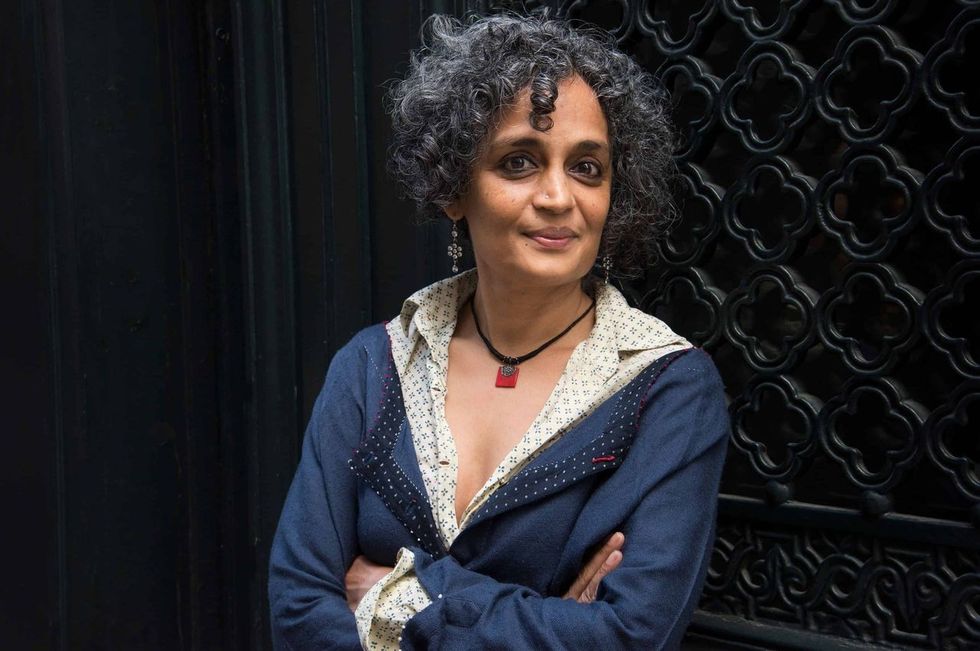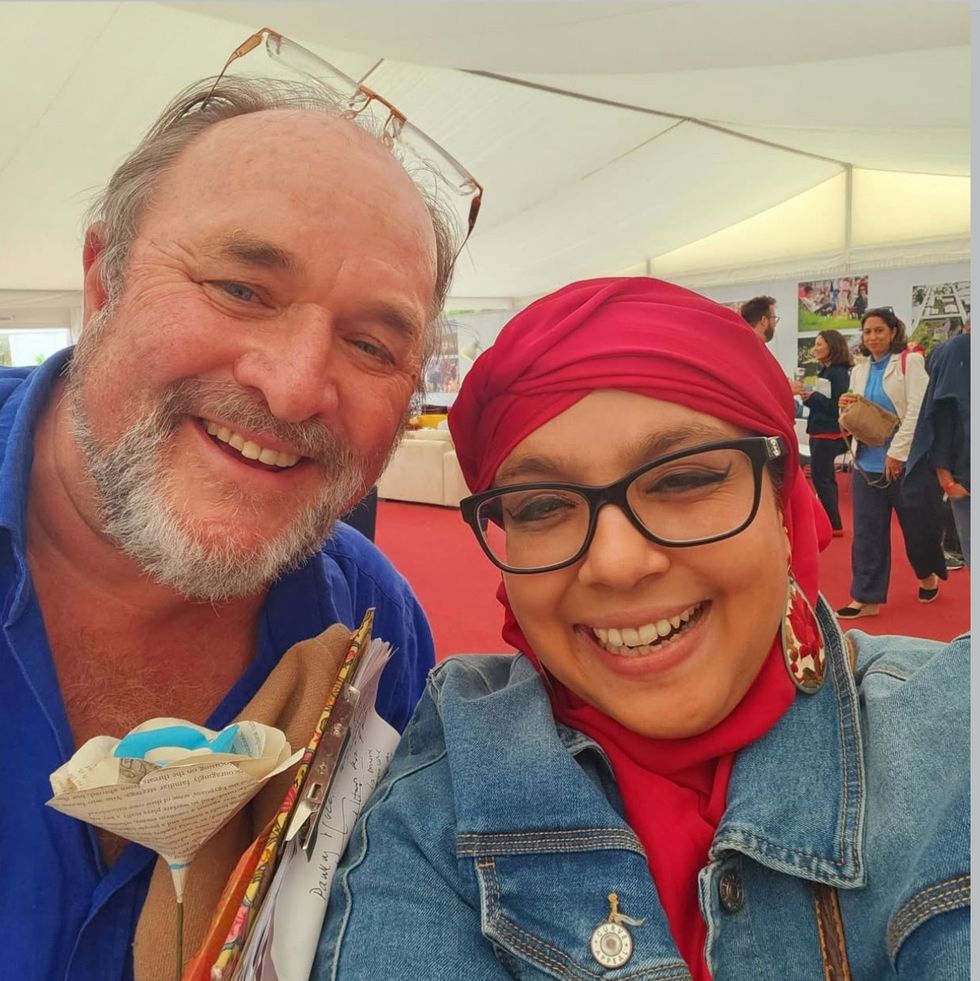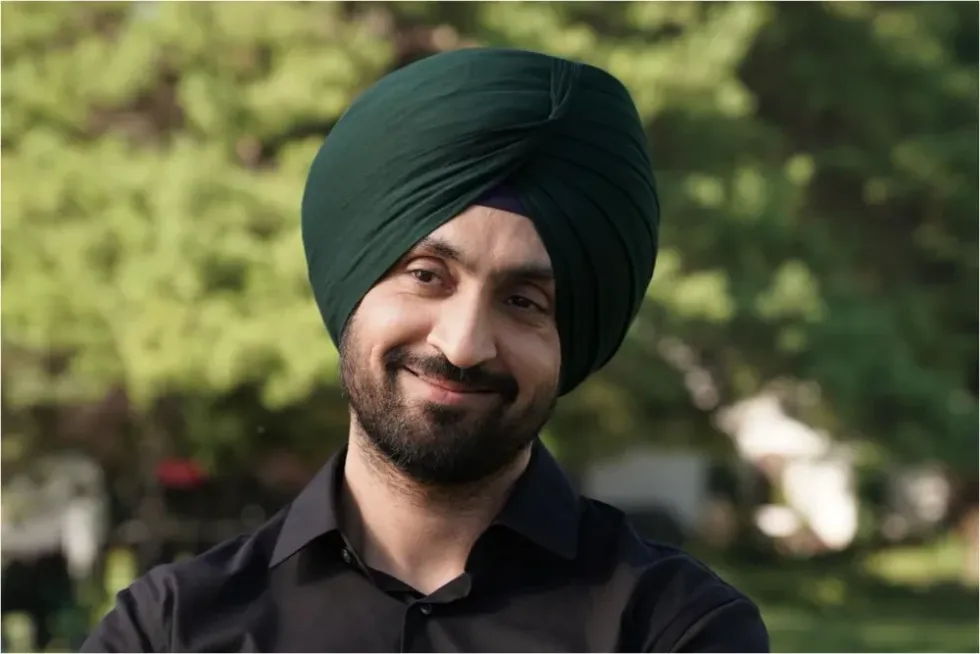By Amit Roy
THE Queen’s latest Christmas message was remarkably multicultural, with references to Passover, Easter, Eid, Vaisakhi, Hindus, Sikhs, Jains, Diwali, the Jamaican nurse in the Crimea, Mary Seacole, and “respect for all, regardless of gender, race or background”.
There has probably been nothing like it since her first Christmas message via radio in 1952.
Her first TV Christmas address came five years later and has been a much-anticipated annual event since, with the exception of 1969 when she decided the royal family “had been on television enough”.
The Queen, who has always been a great supporter of the Commonwealth, noted last year: “Across the Commonwealth, my family and I have been inspired by stories of people volunteering in their communities, helping those in need.”
But when dealing with social trends inside the country, she has been “traditional” and veered away from any mention of Britain as a multicultural society.
But this time her Christmas address was so progressive that I am surprised right-wing newspapers haven’t had a go at her for becoming a “woke Queen”.
Maybe they didn’t dare because she is the monarch. Perhaps she should give a thought to crossing the final frontier by appearing in public in a sari. Quite apart from anything else, she would look very good in one.
She spoke of faith providing a comforting light: “For Christians, Jesus is ‘the light of the world’, but we can’t celebrate his birth today in quite the usual way. People of all faiths have been unable to gather as they would wish for their festivals, such as Passover, Easter, Eid and Vaisakhi. But we need life to go on.
“Last month, fireworks lit up the sky around Windsor, as Hindus, Sikhs and Jains celebrated Diwali, the festival of lights, providing joyous moments of hope and unity - despite social distancing.”
She recalled: “This year, we celebrated International Nurses’ Day on the 200th anniversary of the birth of Florence Nightingale. As with other nursing pioneers like Mary Seacole, Florence Nightingale shone a lamp of hope across the world.”
The Queen, who is the defender of the Anglican faith, spoke of “the kindness of strangers” and expressed respect for other faiths: “Good Samaritans have emerged across society showing care and respect for all, regardless of gender, race or background, reminding us that each one of us is special and equal in the eyes of God.”
She was 26 when she ascended the throne in 1952 following the death of her father, George VI. At 94, she has been on the throne for longer than any other monarch in British history.
As a new decade begins, her Christmas address recognises that an essentially white, Christian country has been transformed beyond recognition into a multicultural, multi-ethnic and multi-religious society.





 LONDON, ENGLAND - JUNE 22: Baroness Floella Benjamin speaks during the unveiling of the National Windrush Monument at Waterloo Station on June 22, 2022 in London, England. The photograph in the background is by Howard Grey. (Photo by John Sibley - WPA Pool/Getty Images)
LONDON, ENGLAND - JUNE 22: Baroness Floella Benjamin speaks during the unveiling of the National Windrush Monument at Waterloo Station on June 22, 2022 in London, England. The photograph in the background is by Howard Grey. (Photo by John Sibley - WPA Pool/Getty Images)









 Ed Sheeran and Arijit Singh
Ed Sheeran and Arijit Singh Aziz Ansari’s Hollywood comedy ‘Good Fortune’
Aziz Ansari’s Hollywood comedy ‘Good Fortune’ Punjabi cinema’s power-packed star cast returns in ‘Sarbala Ji’
Punjabi cinema’s power-packed star cast returns in ‘Sarbala Ji’ Mahira Khan
Mahira Khan ‘Housefull 5’ proves Bollywood is trolling its own audience
‘Housefull 5’ proves Bollywood is trolling its own audience Brilliant indie film ‘Chidiya’
Brilliant indie film ‘Chidiya’  John Abraham
John Abraham Hina Khan and her long-term partner Rocky Jaiswal
Hina Khan and her long-term partner Rocky Jaiswal  Shanaya Kapoor's troubled debut
Shanaya Kapoor's troubled debut Sana Yousuf
Sana Yousuf



 Shraddha Jain
Shraddha Jain Arundhati Roy
Arundhati Roy William Dalrymple and Onjali Q Rauf
William Dalrymple and Onjali Q Rauf Ravie Dubey and Sargun Mehta
Ravie Dubey and Sargun Mehta Money Back Guarantee
Money Back Guarantee Homebound
Homebound Guru Dutt in Chaudhvin Ka Chand
Guru Dutt in Chaudhvin Ka Chand Sarita Choudhury
Sarita Choudhury Detective Sherdi
Detective Sherdi